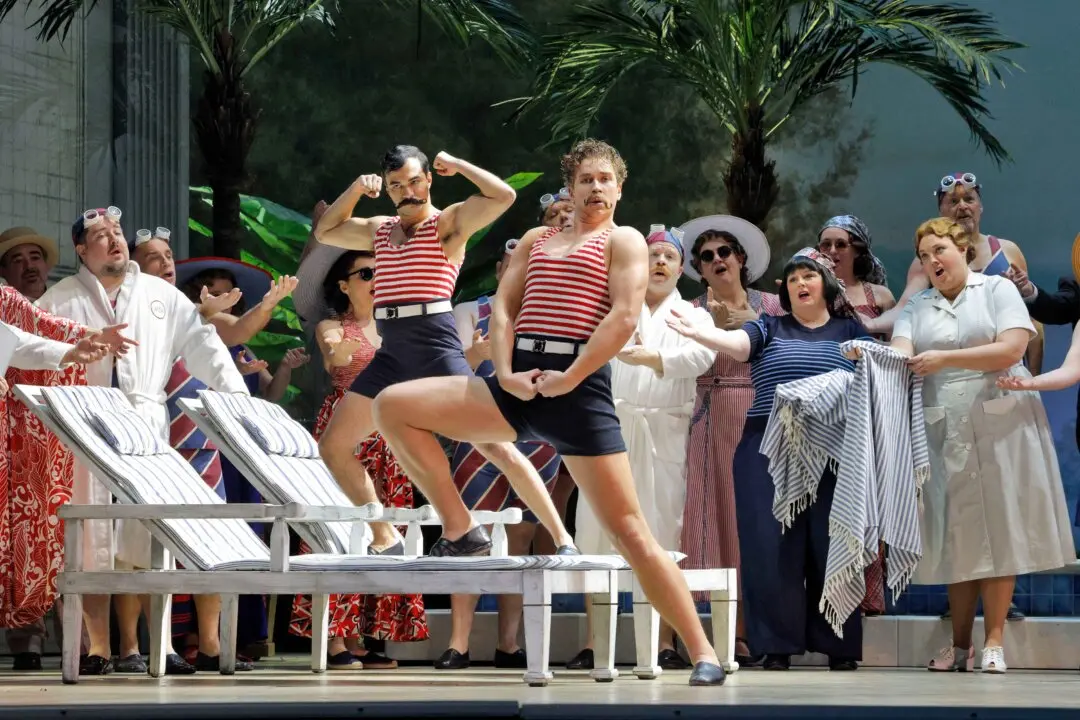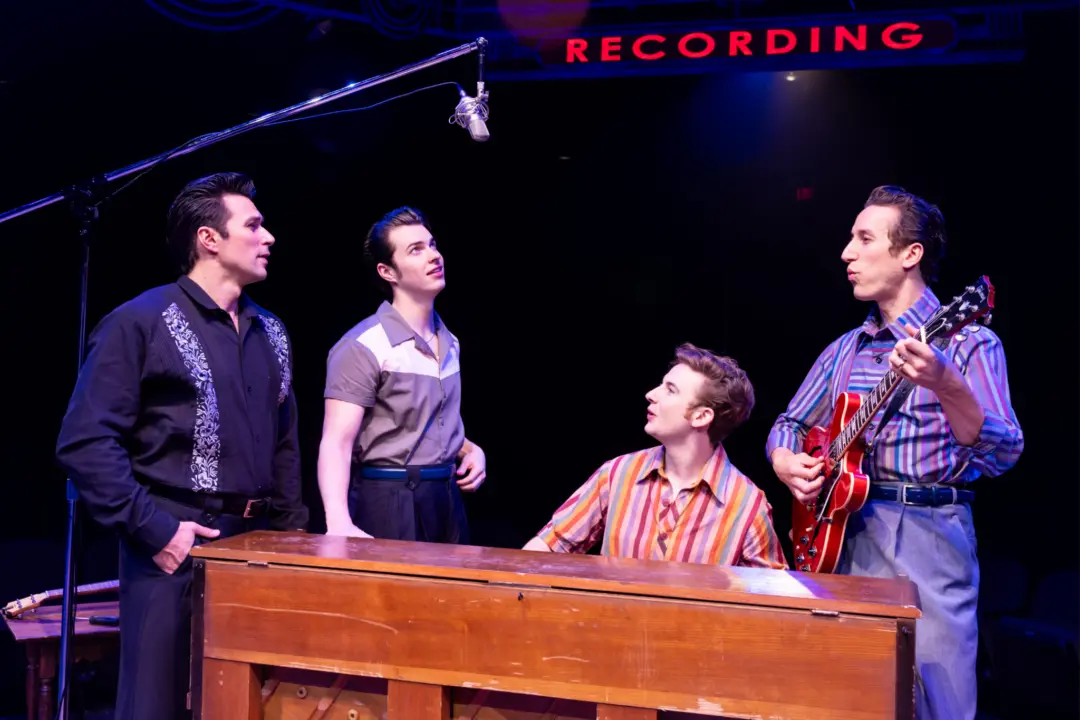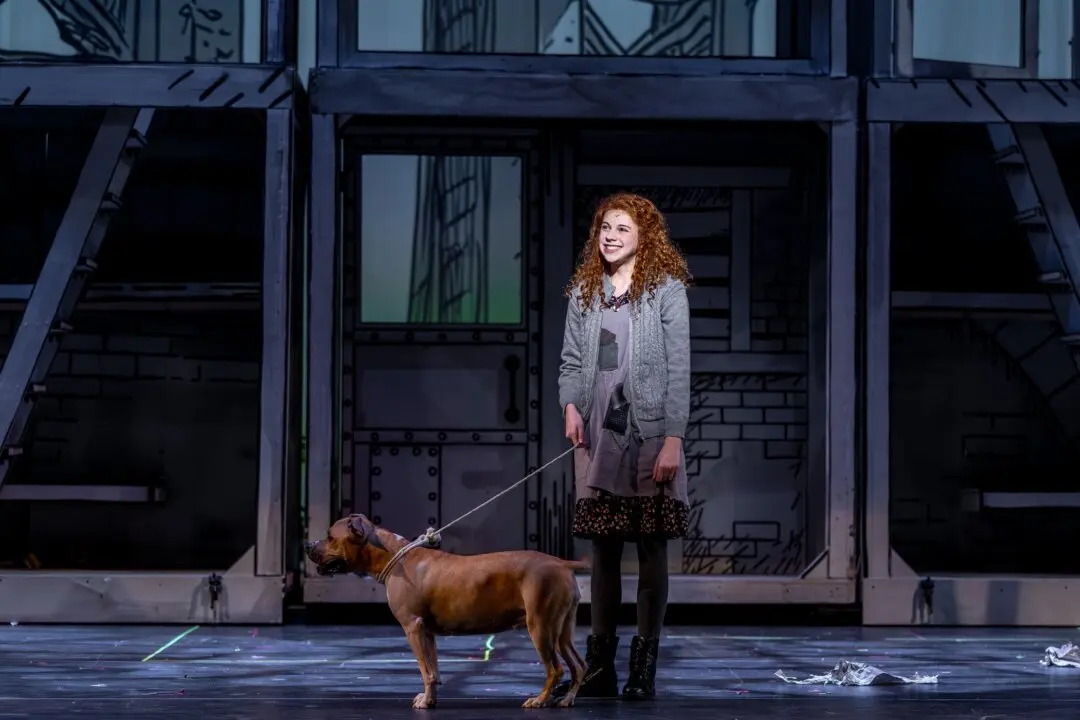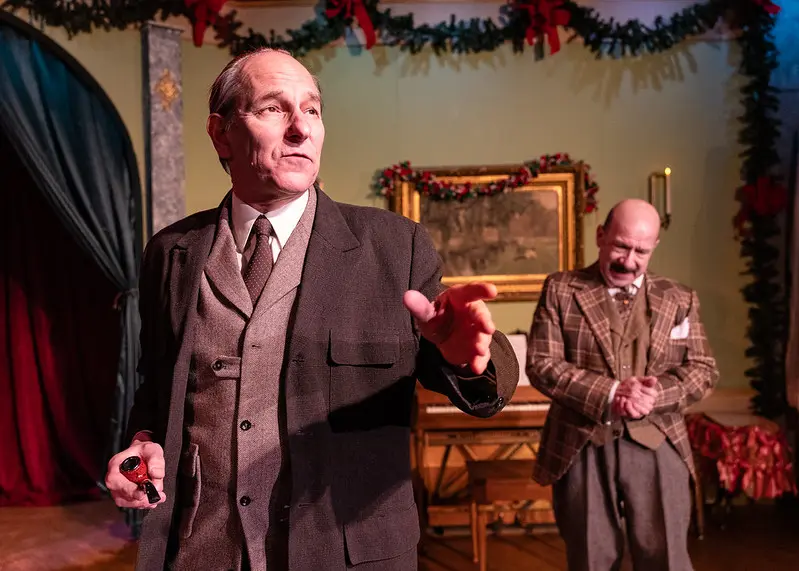CHICAGO—When “The Seagull” opened in St. Petersburg, Russia in 1896, those in the audience hissed and booed at it. Maybe the premiere failed so badly because the audience didn’t realize that Anton Chekhov (1860–1904), the playwright, meant for the play to be a comedy.
Theatergoers’ appreciation for the work changed, though, when director Konstantin Stanislavsky (1863–1938) produced it in 1898 in Moscow, highlighting the dark, comedic aspects of it as Chekhov intended. It then became an instant hit and has since become a classic.




